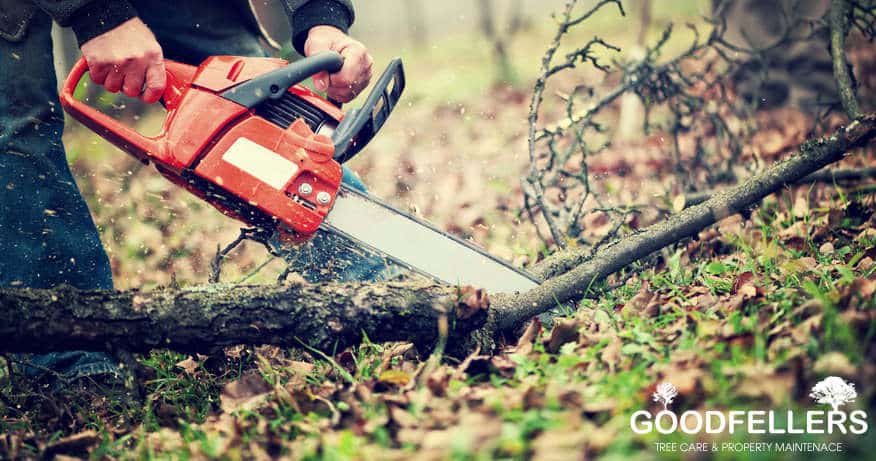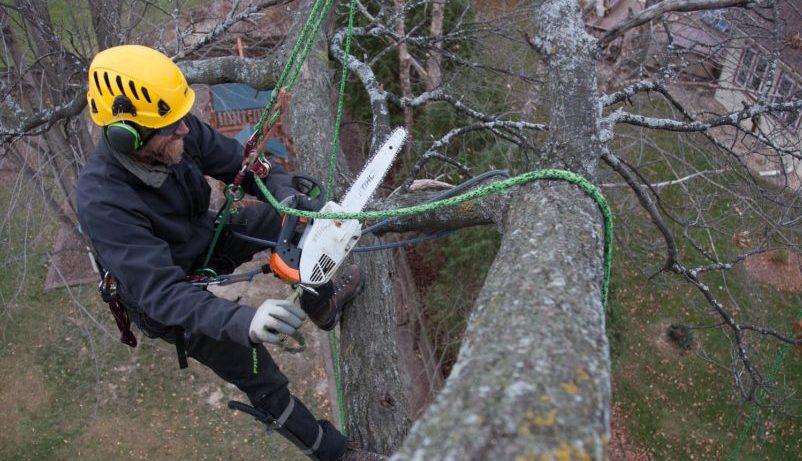When you’re looking for experienced Islandbridge tree felling, look no further than Good Fellers Tree Services.

We provide a wide range of tree care services to private commercial clients throughout Islandbridge. With 14 years’ experience in arboriculture we possess the tools, skills and expertise needed to provide a first class tree care service. From tree pruning to felling to planting, the team are best-placed to meet your Islandbridge Tree Surgery needs.
Great Value for Money in Islandbridge and surround areas.
Good Fellers is a team of expert tree felling that have a long history in providing an efficient and cost effective tree surgery service in Islandbridge.

We offer a full range of local tree care services from tree shaping to tree planting with all works certified to Irish Standards.
The scope of our services include
- Tree Felling Islandbridge, Tree Cutting Islandbridge and Tree Removal Islandbridge
- Stump Grinding Islandbridge and Stump Removal Islandbridge
- Tree Surveys and Reports
- Tree Pruning Islandbridge and Hedge Trimming Islandbridge
- Crown Lift, Crawn Reduction Islandbridge and Crawn Thinning
- Site Clearance Islandbridge and Management
- Tree Pollarding Islandbridge
- Ivy Removal
- Emergency Call Out Tree Service Islandbridge
- Tree Relocation and Reinstatement
- Protective Guards for Trees
- Japanese Knotweed Removal
- Supply and Planting of a variety of Trees and Hedges
- Split logs, fire wood, chip bark and mulch all supplied
- Climbers, Vines and Fruit Tree Pruning
- Supply of Railway Sleepers
In addition we offer a tree care consultancy that can help you with expert reports for mortgage or insurance companies and can help with applications to work on trees that have a Protected Tree Order (PTO).
We draw on the hands on experience and knowledge gained in over fifty years of arboriculture and use the latest equipment and techniques to provide a first class service at an affordable price to suit any budget.
Good Fellers tree felling consistently gains top feedback from its clients in Islandbridge.
This is a result of the team’s ability to deliver a high-quality service that represents great value for money. We believe that our customers deserve the best service possible. However, we also believe that you shouldn’t have to pay over the odds for it. This is why we strive to keep our prices as affordable as possible. To learn more about Good Fellers tree felling services or to discuss your needs with one of the friendly team contact us. Call us now.
Useful Links: Garden & Landscape Designers Association, The National Gardening Association, Royal Horticultural Society of Ireland.
Basic Tree Maintenance Tips
Trees can typically be considered approved but extreme weather condition can take its toll. It is necessary to keep trees healthy and try to avoid illness or weather damage.
Among the very first things you can do is discover the trees you wish to take care of and their particular needs. If you’re unsure about the kind of tree you have, there are numerous resources online to assist you, such as the Forestry Commission Tree Name Trail. When investigating trees, the main points to keep an eye out for are:
- Type of soil needed
- Quantity of water required
- Particular level of sensitivities (dry spell, water, wind, etc).
As soon as you understand more about your trees, follow these 5 pointers to keep your trees resistant and healthy.
Protect the roots.
Concentrate on the zone around a tree up to where the branches extend. Roots can extend beyond this zone but this is the area where roots are more delicate. The key is to make sure that the soil is not too compact so that roots can keep soaking up water and oxygen.
Secure the bark.
Think about the bark as an armour that safeguards the tree. Securing the tree bark will avoid infections, diseases or insect activity. Watch out for prospective risks that might harm tree bark, consisting of:.
- Vehicles: trees near roads or driveways can suffer hits from tall vehicles. Eliminate lower branches to prevent breakage and make sure trees are visible at night.
- Sprinkler system: a spray of water that repetitively strikes bark at the very same location can cause damage. If you utilize sprinklers to water your yard, make sure these do not straight hit trees.
- Branches: branches rubbing against each other can trigger damage to the bark. Prune branches correctly so branches don’t get braided.
- Yard equipment: wear; t get lawn equipment near to the tree trunks as this can cause severe damage to the bark.
Water efficiently.
Trees typically thrive well in existing moisture conditions and do not require any additional watering. However, depending on your local climate, you might have to water your trees throughout extended durations of dry spell. If you do have to water trees in the summertime, an occasional deep watering is chosen to a frequent misting. In winter trees shouldn’t need any watering.
Prune properly.
We’ve previously discussed pruning trees as it’s a vital part of tree maintenance. It’s something you can do yourself if you know exactly what you are doing, otherwise you can always employ a professional. The main points to look out for are:.
- Crossing branches: eliminate the smaller sized branch so the more powerful one can grow without being harmed.
- Broken and dead branches: a tidy cut will help the tree recover.
Low branches: remove branches that are low and are prone to damage (i.e. by an effect). You can also eliminate low branches for visual functions.
Keep soil healthy.
There are two methods you can make certain that the soil around your tree is rich in nutrients.
- Use mulch. Spread a layer of mulch around your tree, about 2 to 4 inches thick. The mulch does not have to touch the trunk.
- Plant lawn or some type of ground cover. Dead plant material will decay in the ground and improve the soil. Make certain your plants can flourish in the shade and that their roots do not take on the tree.
Nearby Areas That We Cover:
Island Bridge (Irish: Droichead na hInse) (formerly Sarah or Sarah’s Bridge) is a road bridge spanning the River Liffey, in Dublin, Ireland and joining the South Circular Road to Conyngham Road at the Phoenix Park.
Island Bridge and the surrounding area are so named because of the island formed here by the creation of a mill race towards the right bank while the main current flows to the left. The River Camac emerges from a tunnel further downstream towards Dublin Heuston railway station.
In 1577, during the reign of Queen Elizabeth, while Sir Henry Sidney was Lord Deputy of Ireland, an arched stone bridge was built here to replace an earlier structure nearby at Kilmainham.
This bridge was swept away by a flood in 1787, and between 1791 and 1793 the replacement bridge, that is standing today, was constructed. The structure is a single 32-metre span ashlar masonry elliptical arch bridge and was originally named Sarah’s Bridge after Sarah Fane, Countess of Westmorland, wife of the then Lord Lieutenant of Ireland, who laid the first stone on 22 June 1791.
The bridge was renamed Island Bridge in 1922 following independence from Britain of the Free State, similarly to many other Dublin bridges originally named for British peers.
